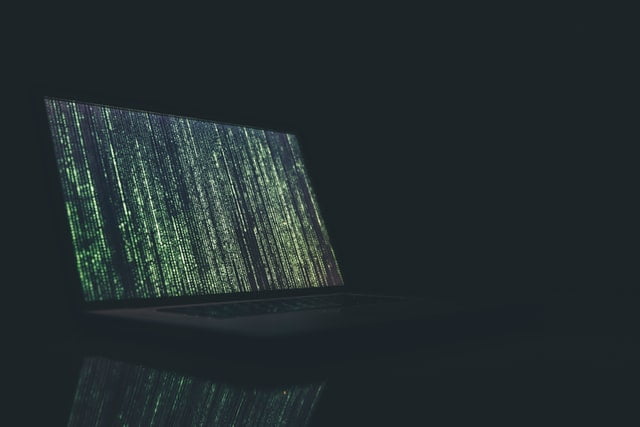 Over the years, you may have seen the terms “dark web” or “deep web” floating around in popular media, but it can often be unclear as to what these terms are referring to. To make matters worse, media outlets often use the two terms interchangeably even though they refer to different things. This has led to many misconceptions about what the dark web is and what it is used for, with many writing it off as a hub for criminal activity. In reality, though, there are also plenty of perfectly legal and legitimate uses for anyone who is looking to take advantage of the privacy and anonymity that it offers.
Over the years, you may have seen the terms “dark web” or “deep web” floating around in popular media, but it can often be unclear as to what these terms are referring to. To make matters worse, media outlets often use the two terms interchangeably even though they refer to different things. This has led to many misconceptions about what the dark web is and what it is used for, with many writing it off as a hub for criminal activity. In reality, though, there are also plenty of perfectly legal and legitimate uses for anyone who is looking to take advantage of the privacy and anonymity that it offers.
So, which is it? Is the dark web a dangerous criminal underground teeming with illegal content and services? Or is it a safe haven for those looking to protect their identities online? Read on to find out more about the deep web and what to expect when browsing.
The Dark Web – Clarified:
Surface Web
You might be surprised to learn that the internet you use every day actually represents only a tiny portion of what is actually available. The “surface web” is the “visible” layer of the internet that makes up under 5% of total content, and includes all commonly-facing public websites that can be accessed via traditional browsers like Google Chrome or Mozilla Firefox. These websites usually end in “.com” or “.org” and can be easily located by common search engines.
Deep Web
Below the surface web lies the deep web, where approximately 90% of all internet content can be found. This layer of the internet is so large that it is impossible to discover exactly how many pages or websites are active at any one time and includes pretty much anything you can think of – Deep web content can contain anything from academic journals and private databases to more illicit things like pirated movies or software.
The majority of the dark web is actually perfectly legal and safe, and simply refers to all the web pages that cannot be identified by a search engine. In fact, you’ve probably already been on the deep web yourself! Many of the pages that make up the “deep web” are simply ones that are kept hidden from the public in order to protect user information and privacy. Someone accessing their bank account online, for example, is using the deep web to carry out their transaction, as the web page they are accessing to do so has been hidden and cannot be identified by a search engine.
Dark Web
The term “dark web” refers to a tiny subsection of the deep web where websites are not indexed and are only accessible via specialized web browsers. Significantly smaller than even the surface web, the dark web is a highly concealed portion of the internet that few will ever interact with or see.
Unsurprisingly, the reputation of the dark web has often been linked to criminal activity and illegal goods – We have seen illicit online marketplaces like Silk Road advertising the sale of illegal substances, services, and content. More recently, we have seen the dark web-enable cyber-criminal activity in the form of Ransomware-as-a-Service (Raas).
Despite these issues, though, the dark web remains an essential tool for those who would otherwise be harmed or endangered by revealing their identities online. For victims of abuse and persecution or a political dissident shining a light on an oppressive regime, the dark web provides a safe and anonymous way to keep your activities hidden.
